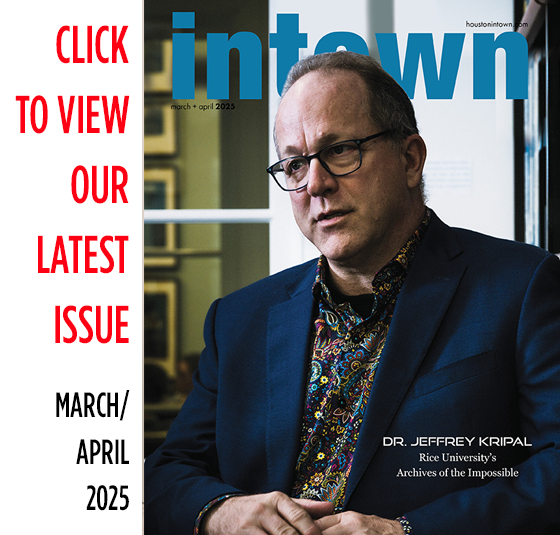
By Evans Attwell
Senior Vice President
Frost Private Banking
I was trained from the beginning to work, to save and to give.
– John D. Rockefeller
Rockefeller’s words resonate with many, if not most, of us. Woven through American life are the ideals that working hard and saving for the future can lead to a better life for ourselves, and giving to others can lead to a better world for everyone.
The desire to give to others finds an outlet in philanthropy—as simple as dropping coins into the Salvation Army kettle during the holidays or as complex as bequeathing an estate to an alma mater.
Whether or not you have the resources of a Rockefeller, philanthropy is for you if you want to put your financial resources to work for favorite causes and organizations.
Gifting financial assets directly is the most straightforward way to benefit a charitable organization or cause. Currently, you may make gifts of financial assets directly to a qualified charitable organization and could receive a tax deduction for your generosity, within certain limits, if it’s properly documented.
Generous options for giving
But a direct gift is not the only way to be generous. Actually, several interesting options exist, but complex rules govern their creation and maintenance. You will need the help of your wealth, tax and legal advisors to determine which could be appropriate for you.
Three Common Options:
• A charitable remainder trust benefits a qualified charity for which the donor receives an immediate charitable deduction. The donor also retains the right to receive an income stream generated from the trust’s assets for a specified number of years or for life. At the donor’s death or the end of a set period, trust assets go to the designated charity.
• A charitable lead trust is used to make a “temporary gift” of annual income from trust assets to a qualified charity for a specified number of years. Ultimately, ownership of trust assets passes back to the donor’s heirs, with no federal gift and estate taxes on appreciation of the trust’s assets.
• A donor-advised fund enables an individual to make charitable donations to a professionally managed pool of assets and receive an immediate charitable income tax deduction. Assets are managed for growth and ultimately transferred to charities as grants from the fund.
Would you like more information?
Contact Evans at 713.388.1367 or
evans.attwell@frostbank.com.























